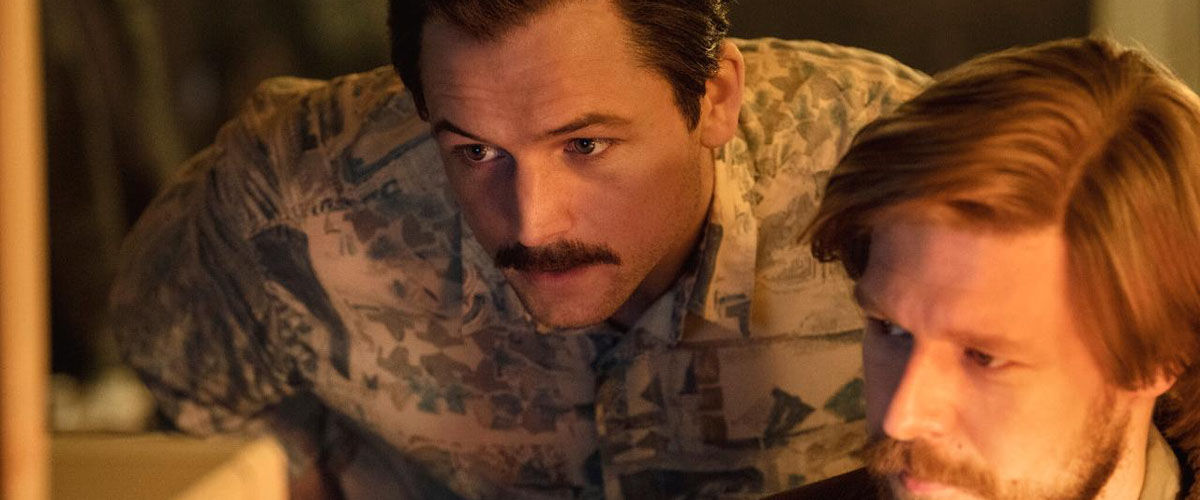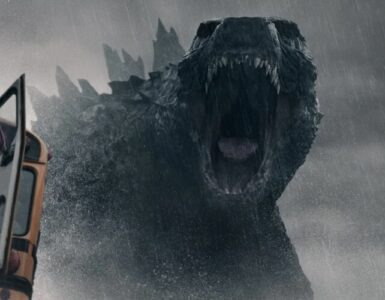Scottish director Jon Baird (Stan & Ollie) doesn’t really care about games – the only game he played growing up was soccer, but he knows what makes a good story and when he heard the story about how Henk Rogers and Alexey Pajitnov worked towards releasing the classic video game Tetris globally, Baird just knew he had to make a movie.
“I have to be honest, I was not a brilliant Tetris player. As a kid, I’m not a very good gamer. The games I was actually good at was soccer. I was good at those games, but I wasn’t particularly good at Tetris so when I started doing the movie, I hadn’t played it for maybe 20 years,” confessed Baird in an interview with Geek Culture.
“I didn’t know anything about the story before. I had no idea it was invented in Russia – absolutely no idea! I thought it was invented in Japan, like most people I was like ‘Yeah of course it’s a Japanese game’, so the whole thing about this Dutch American going into the middle of the Soviet Union, the Maxwells who are very famous… l just thought it was bizarre!” said the 50-year-old.
“I didn’t even believe that was a true story! When I first heard about it, I thought somebody must be making this up, so that was the thing for me. It was why I wanted to do the film.”
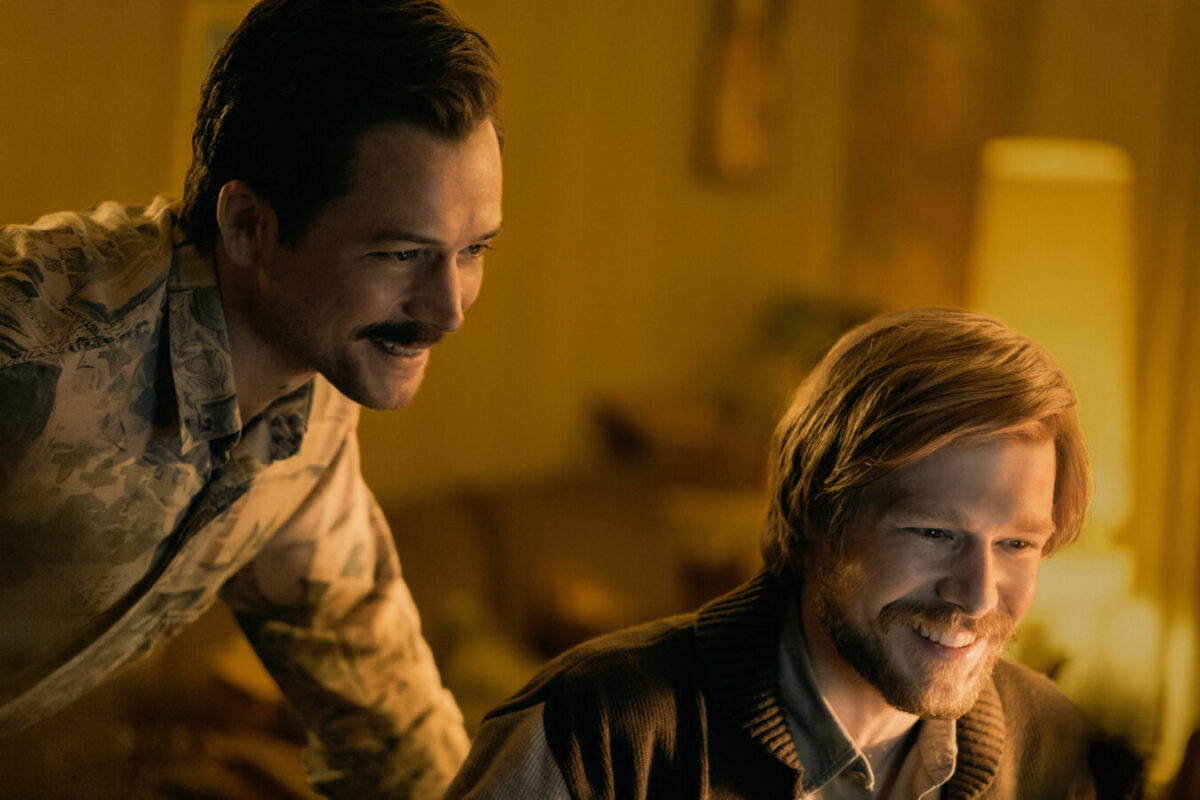
Tetris, on Apple TV+, follows Dutch video game designer Henk Rogers (Taron Egerton) as he battles for Tetris’ console rights during Cold War Russia, in order to bring it to Nintendo’s GameBoy. Aside from the fact that it was not a Japanese-made game – as many including Baird had assumed – the battle for Tetris’ rights was an incredibly international journey from Tokyo to Moscow to California, all set in the middle of a rather unique political era. While Baird confessed that it was the story that hooked him, it was the Cold War politics that kept him going.
“When I read it, I was so surprised by the story. I thought I could do a movie that makes people feel how I feel reading that script, and being so surprised and going, ‘Wow, that’s an incredibly interesting story about this very simple game’,” said Baird.
“But what really took me into the movie was the Cold War politics and the fact that it’s such an incredible story that I was not aware of with a backdrop of this geopolitical Cold War between these two competing ideals, and these very different lead characters. I was quite obsessed with the Cold War, so that was the thing that really drew me – it just so happened to be the story about one of the most successful and popular video games ever.”
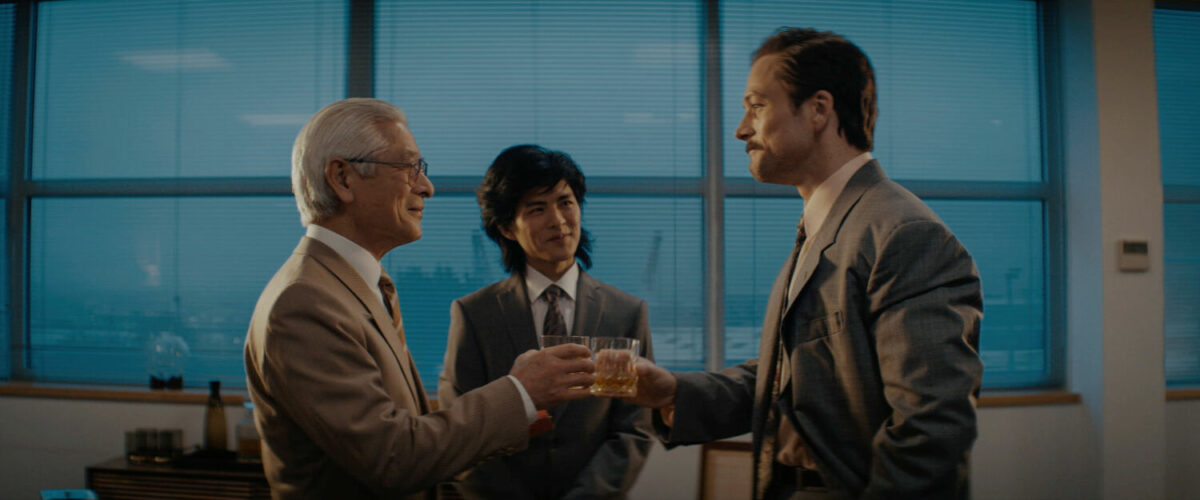
Still, Baird acknowledged that he had to embellish the story just a little bit, to fit the expectations of the film, so the car chase across Moscow was entirely made up.
“The car chase is more a representation of the pressure that Hank and Alexey were under when they were trying to get the game out of the USSR, right? Because at that time, the USSR was falling apart and people are grabbing what they can because they realise how valuable these natural resources or intellectual property rights are so the car chase is really a representation of what the Soviet state and the Maxwells and the competing parties, the pressure they were under,” shared the director.
“We had to Hollywood-ise the film. We’re not doing a documentary so I think that’s probably the biggest embellishment – the car chase because it’s so dramatic, and it’s one of my favourite parts of the film.”
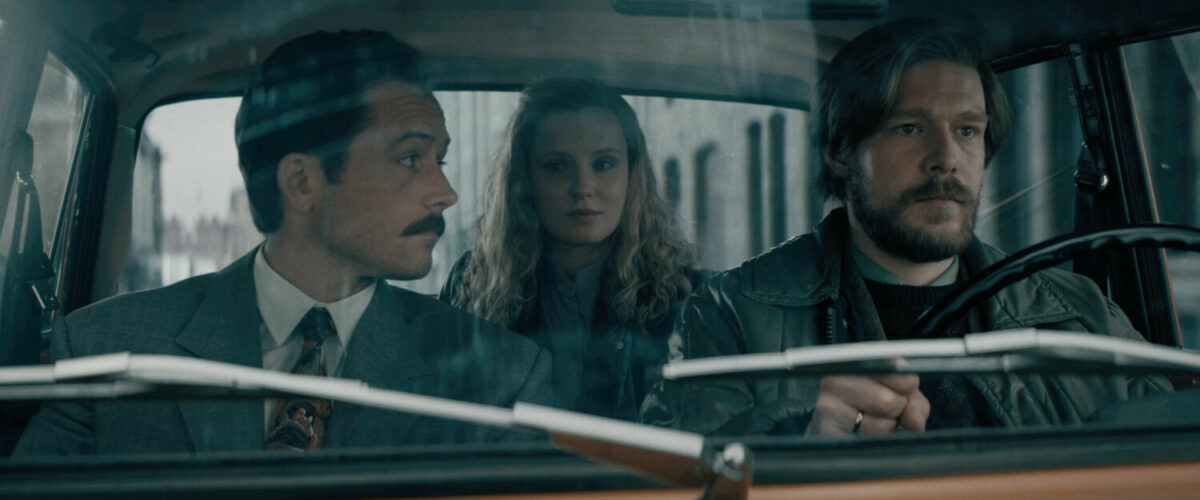
Although the car chase scene was something he added into the story, Baird maintains that a majority of the film is truthful and in fact, didn’t require much more from the team to still make it an interesting story.
He added, “But ultimately, listen, you’re doing a movie about the rights for a video game you have to dress it up somehow. The great thing was it was such a dangerous thing, such a big risk that Henk was doing in the first place in real life, going to Moscow like a wild crazy guy, it’s all real for you so the embellishments are small. You don’t need to embellish it because it’s such a mad story in the first place.”
Of course, Baird ran through these embellishments with Rogers and Pajitnov who themselves serve as executive producers on Tetris. After all, this is their life story that Baird is telling so he feels a responsibility to balance the truth and his own creative vision. This is also supported by Baird’s years of experience in making films based on real stories like Cass and Stan & Ollie.
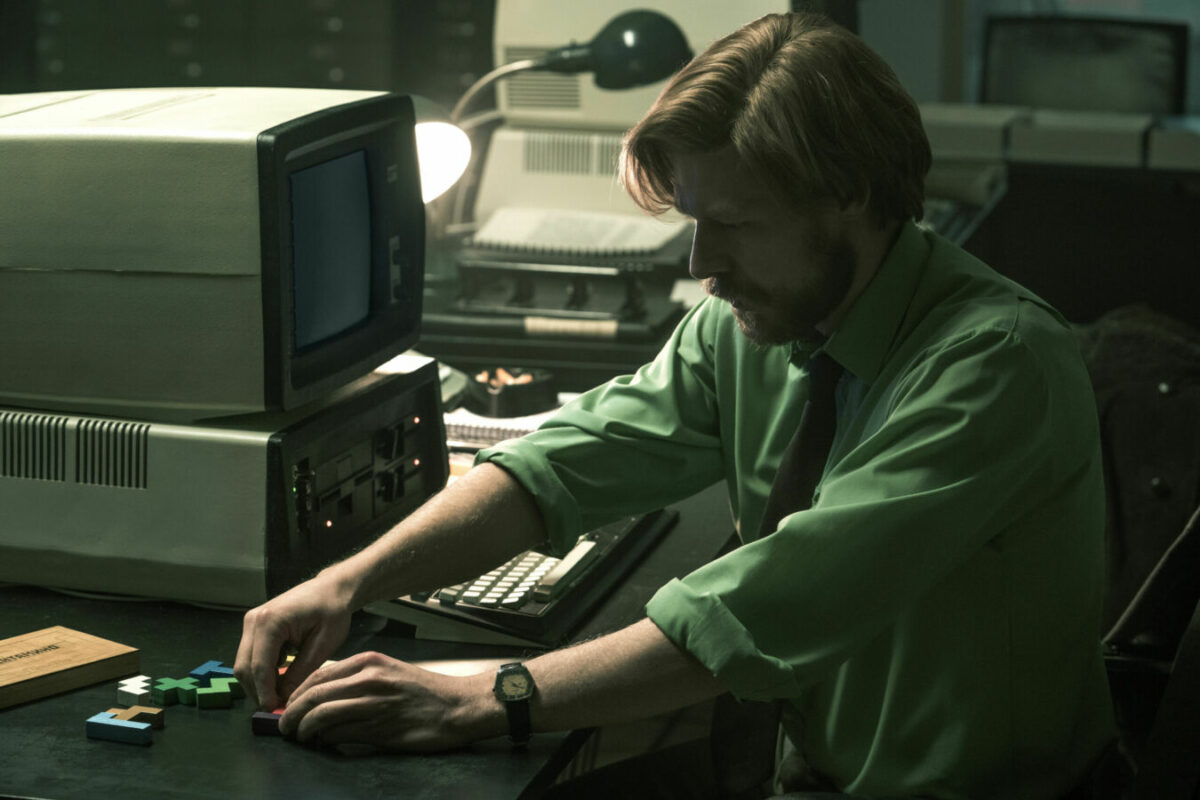
“I’ve done quite a lot of things based on real life people, true stories and stuff so I’ve learned over the years. Responsibility – that’s always the forefront of my mind. When I start, you got a responsibility to someone, even if it’s a character that people don’t like, you still have a responsibility to show that character in a true light,” explained Baird.
“And then this one, obviously Henk, Alexey, our executive producers, Maya – Henk’s daughter is exec producer so they were involved a lot. That really helped as well, that helped guide us by saying, ‘Look, we’re going to tell this thing, I know it’s a bit too far fetched, pull it back slightly’. They were very good at understanding that we weren’t making a documentary, we were actually telling a fictional tale based on the reality that they experienced and that always helps when you’ve got subjects who can understand. I think that’s the key – to involve them at a very early date with the script, and then keep them on site as much as possible.”
So has making Tetris changed the director’s interest in gaming in any way? Not so much, though he has learned to appreciate Tetris a lot more now as an adult.
“This game is incredibly satisfying and I’m very OCD as well so it appeals to me, fitting these things together, and once you’ve done it, it disappears so you don’t have to worry about it again. So Tetris is very much like art for me. I enjoy it more as an adult than I did as a kid,” laughed Baird.

